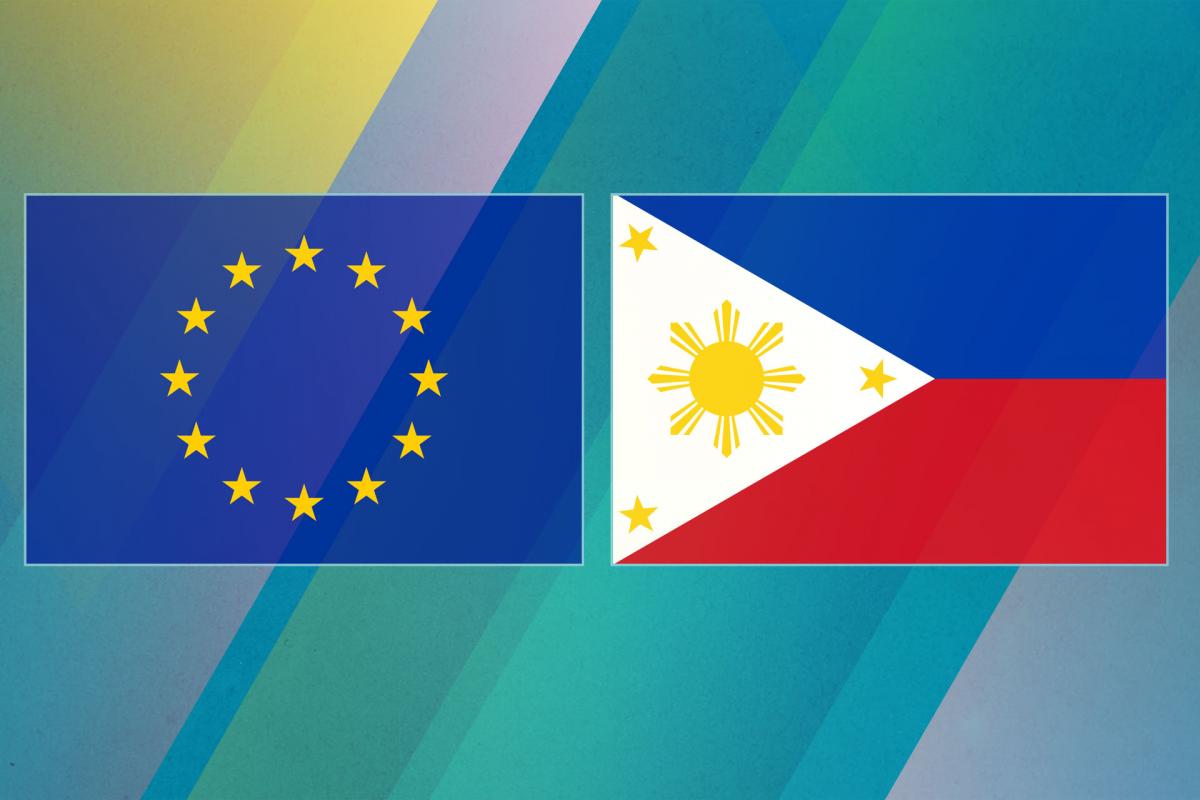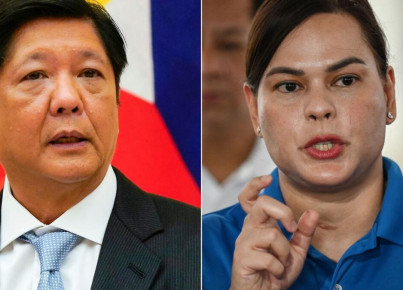Last March 18, the EU and the Philippines announced the official resumption of negotiations, which were suspended in 2017. The Agreement could sharply increase bilateral trade. For Brussels, the agreement is part of a broader political and trade strategy
Article by Sophia Ordoña (European Chamber of Commerce of the Philippines – ECCP), Pierfrancesco Mattiolo, Università di Anversa
Following a meeting in Brussels on March 18th, the Vice President of the European Commission and Commissioner for Trade, Valdis Dombrovskis, along with the Secretary of the Philippines Department of Trade and Industry, Alfredo Pascual, announced the official resumption of negotiations for the Free Trade Agreement (FTA) between the EU and the Philippines. Looking ahead, the EU and the Philippines will now make their respective preparations for the first round of the resumed negotiations, expected to take place in the second half of 2024.
The announcement comes as no surprise, considering that the desire to resume negotiations had been solemnly expressed at the leadership level in July 2023. During an official visit to the Philippines, Commission President Ursula Von der Leyen had expressed the bloc's interest in enhancing cooperation with Manila. Philippine President Ferdinand Marcos Jr. had also expressed support for a swift conclusion of the treaty before the end of his term in 2028. Marcos' economic agenda is oriented towards a decisive opening of the domestic market: after liberalizing telecommunications, transportation, and renewable energies, the conclusion of the FTA would mark another significant step in this direction. During the announcement of the resumption of the EU-PH FTA negotiations, EVP Dombrovskis noted that the trade deal is expected to increase the bilateral trade by up to EUR 6 billion.
The potential impact of the FTA, however, extends beyond bilateral trade relations alone. For the EU, the stakes are also political. Negotiations with Manila are embedded within two broader Union strategies. On one hand, Brussels aims to strengthen its role in the Indo-Pacific, a region of particular importance due to its economic and strategic interests. The European strategy aims to conclude both new agreements for political cooperation with ASEAN countries and new FTAs with the Philippines, Indonesia, and Thailand, following those already in force with Singapore and Vietnam. The EU recognizes the Philippines as a like-minded partner in terms of democratic values, as well as sustainable development. Negotiations with Manila are expected to be less influenced by sustainability issues, such as the dispute over palm oil, which has caused significant tensions between Brussels and other ASEAN countries. Furthermore, in March 2024, the EU officially launched one of the flagship projects of the Global Gateway: the Green Economy Programme in the Philippines (GEPP). This initiative promotes circular economy and renewable energy, further signifying the commitment of both parties to achieve sustainability and transition to a green economy.
Deepening ties with the Philippines - and other ASEAN partners - allows the EU to continue its de-risking efforts, cultivating relationships with new trading partners and mitigating political and economic risks associated with relying too heavily on countries perceived as 'rivals'. Another conceptual framework for interpreting these recent EU moves is the doctrine of open strategic autonomy. Brussels seeks, through its trade policy as well, to protect itself from external interference while also enforcing, developing, and employing 'autonomous policies', the commitments made by partners at both bilateral and multilateral levels, such as the Paris Agreement or WTO treaties. At the same time, Europe aims to remain open to political and economic cooperation as much as possible.
For the Marcos administration, concluding the treaty is a priority. Currently, the country benefits from the Generalized Scheme of Preferences Plus (GSP+), granting 6,274 Philippine products duty-free access to the European market. This preferential regime has been extended until the end of 2027. The Philippines is projected to be an upper-middle-income economy around 2025. Such a "promotion" would initiate a three-year transition period, after which Manila would lose the benefits of the GSP+. If concluded before 2028, the FTA would replace the GSP+ and thus allow Philippine companies to maintain access to the European market without tariffs on products covered by the treaty.
From the Filipino perspective, many sectors would benefit from the agreement, including agriculture and energy. Specifically, the garment sector would see an increase in employment ranging from 120,000 to 250,000 and exports worth $600 million in the first two years of the agreement's implementation. The archipelago is also rich in essential raw materials (such as nickel, copper, and chromite) crucial for green technologies. Moreover, the exchange of services could increase. The Philippine IT sector is worth $50 billion and highly dynamic, thus potentially expanding its market share in Europe.
For European companies, having greater access to a country that is growing economically (GDP grew by 7.6% in 2022), demographically, and socially, with a young and increasingly affluent middle class, would be advantageous. The Agreement could finally unlock untapped economic potential: bilateral trade between Brussels and Manila is relatively low compared to that between Europe and other ASEAN countries, and only 4% of European investments in ASEAN economies are directed towards the Philippines. Italy also has a strong interest in the treaty's conclusion. Economic relations between Rome and Manila are robust, valued at €1.24 billion in 2022, and the FTA would increase opportunities in key sectors such as agricultural machinery, infrastructure, and textiles.
Negotiations for the FTA will also have to overcome some obstacles. Intellectual property rights protection has been one of the most delicate chapters in previous negotiation rounds between Brussels and Manila, but it may now be easier to find common ground, as the Philippines has not been on the European Commission's watch list for intellectual property since 2019. The chapter on intellectual property in the future FTA would likely include stronger rules on the protection of geographical indications (PDO, PGI,...) of European and Italian food products. Finally, during her official visit, Von der Leyen indicated the need for deeper alignment between the two partners on environmental and labour protection matters. The Commission President, and more recently EVP Dombrovskis, also acknowledged the progress made by the country on human rights protection, and the ongoing bilateral dialogue aims to address remaining issues. These obstacles can become opportunities if the FTA succeeds in including effective rules in these areas. An agreement would not only represent a significant economic opportunity but also a political and social one for both partners.






